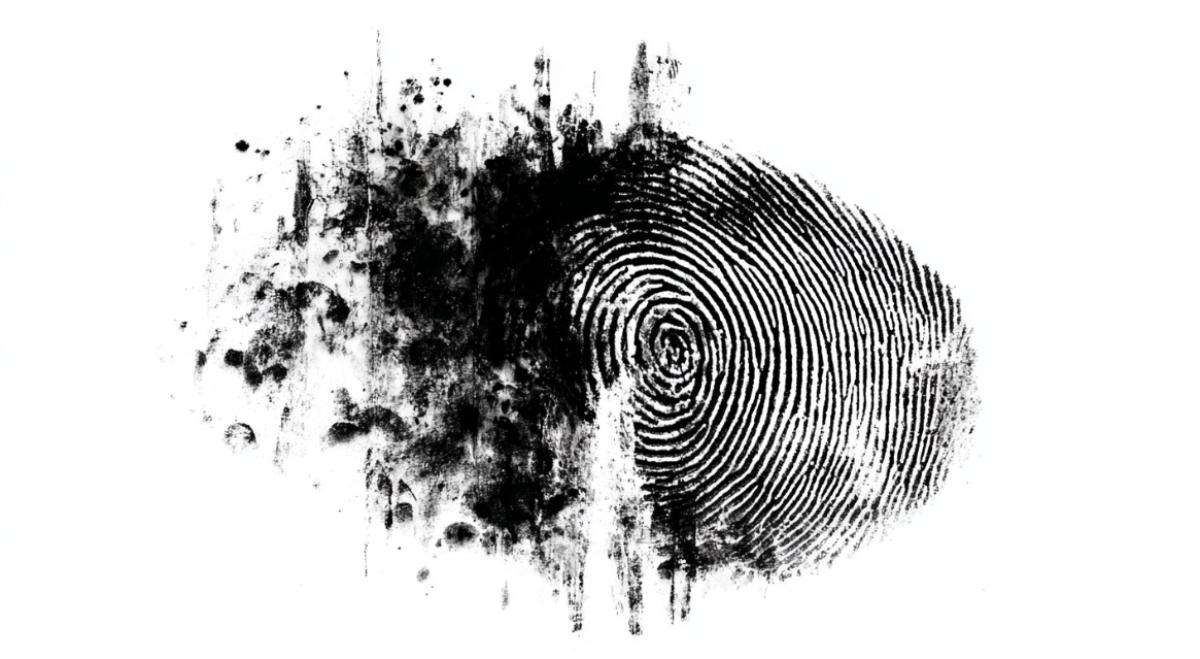- 790
- 211
Websites are tracking you, even if you turn everything off. Even deleting all your cookies won’t stop you from being tracked. A new study by a team at Texas A&M University has documented for the first time that websites actually use browser fingerprints to track users across the internet. The so-called “browser fingerprint” is formed based on the technical characteristics of the device: screen resolution, device model, time zone, and other parameters. All this data together creates a unique profile by which a specific user can be identified. Unlike cookies , which can be deleted, a browser fingerprint is hard to notice and almost impossible to hide — meaning most people are unaware that their daily digital activity is being closely monitored. Until now, the information security community has only suspected that websites might use fingerprints for tracking, but there was no evidence to support this. A team of scientists has filled this gap. The idea is that if the behavior of advertising platforms (such as the real-time bidding system for ad slots) changes when the browser fingerprint changes, then it is indeed being used as an identifier. The researchers monitored HTTP requests and activities related to ad bidding and noticed a sharp change in the behavior of the systems when the browser characteristics changed. This indicates that the fingerprint influences the decision-making of ad networks, and therefore is used for surveillance. What is particularly worrying is the fact that such surveillance persists even if the user manually disables tracking, citing rights enshrined in laws such as GDPR and CCPA. The study showed that despite formal prohibitions, websites continue to use circumvention methods to build user profiles. Some of the discovered sites transmitted browser fingerprints to backend systems related to the ad auction process. This means that the identifiers obtained in a covert manner were actively used in real time, for example, to determine the cost of advertising or select the type of ad. According to the authors of the work, existing legal norms and browser tools do not sufficiently protect the user. They emphasize the need for stricter control over such practices and propose the use of audit tools for regulators and activists tracking unscrupulous schemes for collecting data without consent. The results of the study were presented at the ACM Web Conference (WWW) 2025 and became an important milestone in reassessing the real scale of web tracking through browser fingerprints.


